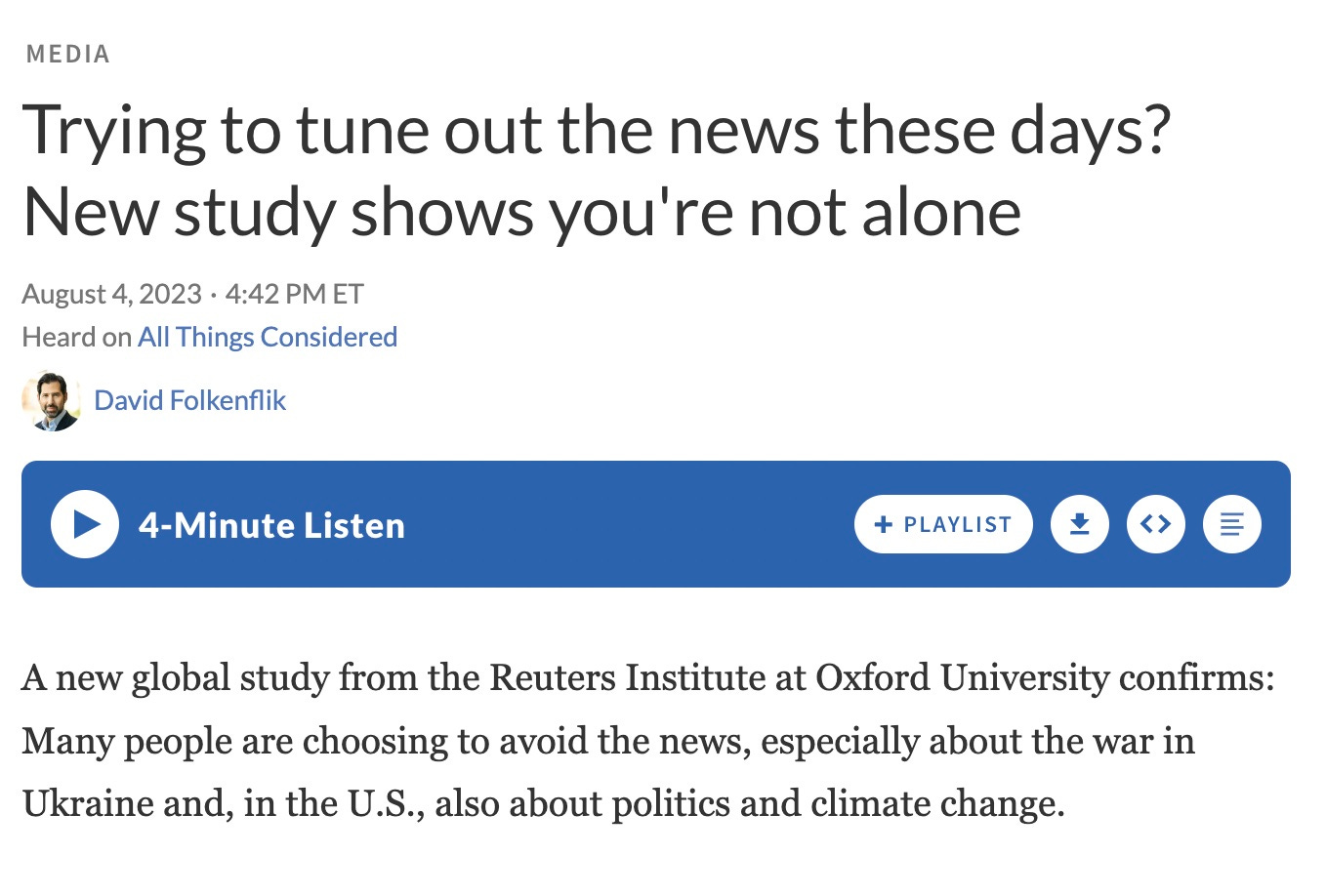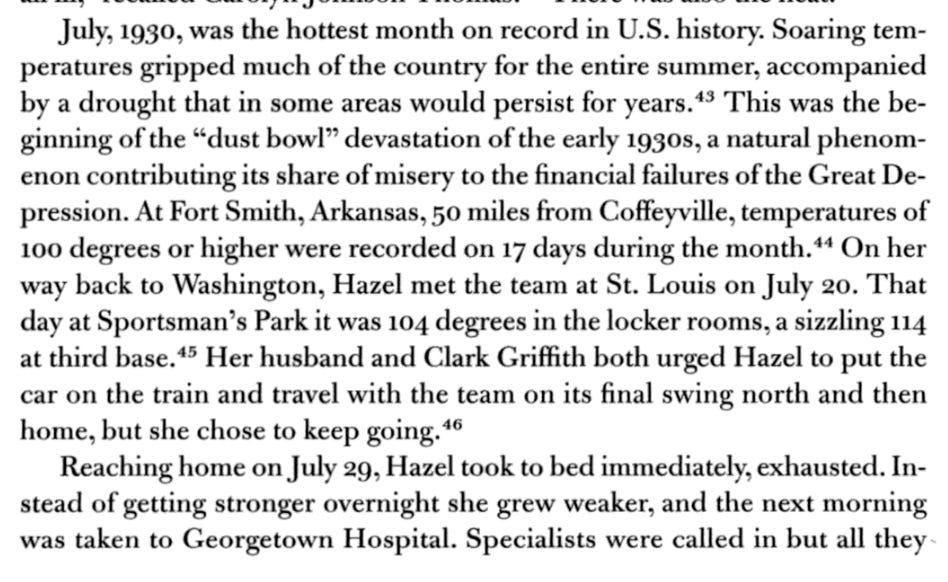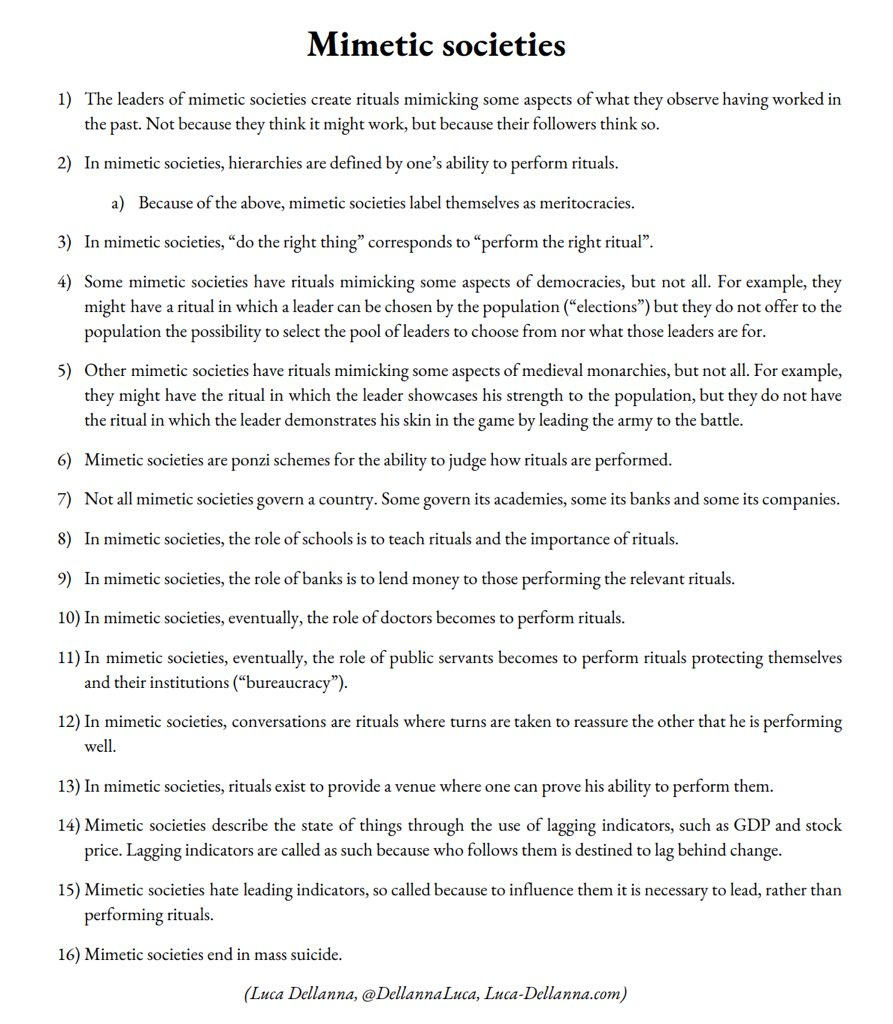Tuning Out: Why Fewer People Consume News
and the problem of what we think about our allegedly miserable lives
I insist on listening to NPR in the car from time to time, because it allows me to maintain awareness of — I’ll try to be polite about this — a certain kind of social class orientation, and to do it with zero effort on the way to the supermarket. Today was a great example, as they chewed over a story about the sharp decline in the consumption of news.
They went through the list of all the possible reasons, and see if you can spot the one that’s missing:
They're avoiding it for many reasons. Some say it makes them feel angry and depressed. Others want a break from the never-ending flow of information. Some are more interested in celebrity updates on social media than old-fashioned newspaper or radio or TV news coverage.
Remember that list, and I’ll come back to the missing explanation in a moment, but this part of the discussion really struck me as the centerpiece of the current madness:
This does mirror what I hear from family and friends. They say news used to be a daily habit. They feel like they want to stay current. They also feel very discouraged when they read it. And they feel like maybe the world isn't worse than it ever used to be, but it sure feels that way when you read the news.
Is the world worse than it ever used to be? Does it feel that way?
Because I was just in Humboldt, Kansas, I’ve been reading about the baseball player Walter “Big Train” Johnson — one of the original five players inducted into the Hall of Fame — who was born there. Here’s how his wife, Hazel Lee Johnson, died, in a screenshot I’ve taken from this book:
She died of heat stroke and exhaustion on a road trip, because cars didn’t have air conditioning. She was 36 years old. (And by the way, note the record heat of 1930.) But life feels so much harder now, so a lot of people alive today would probably trade places with her. See also.
One of my subscribers cancelled, a few weeks ago, and included a reason for his cancellation: “tired of the rage porn.” And I’m still sort of laughing and sort of sighing heavily, because my intent here is always to do two things, side-by-side. First, I want to document the features of the institutional decline, narrative manipulation, and manufactured crisis that we all have to live through every day.
But second, I want to keep pointing out the health under the appearance of crisis. I’ve been arguing, over and over again, that institutions are garbage, but people are great: “We’re healthy from the bottom up, and sick from the top down.” Rage porn is not the point, and is really the opposite of the point. While we’re non-stop pounded with the “crisis crisis,” and I forget which writer coined that term, real life is just fine. I don’t encourage you to seethe with rage — I encourage you to go sit by a campfire with your family. Life is good, despite a calculated and coordinated effort — you vill eat ze bugs! — to make it otherwise. We live with a baseline level of comfort that previous generations would envy. Go drive some blue highways on the Great Plains and count the crumbling ruins of abandoned farmhouses if you ever doubt that, or read some 18th-century biographies: {Name here} had eleven children, and four lived to be adults.
So, returning to the missing reason, the first clue about why we’re tuning out the news is that people in an era of great comfort and relative affluence feel, when they consume news, that the world is worse than it ever used to be. “Some say it makes them feel angry and depressed.” That’s because so much of the news is so obviously calculated manipulation, aimed at serving an agenda, rather than a description. Compare the heat of 1930 that killed Hazel Lee Johnson to the heat we’re experiencing this summer, and note what the news has told you about the current weather. People know this. They see the ginned-up “crisis crisis,” the effort to sell the feeling of crisis in narrative form: OH NO IT’S HOT OUTSIDE NOTHING LIKE THIS HAS EVER HAPPENED BEFORE WE MUST GIVE GOVERNMENT MORE POWER. Uh-huh.
But second, an extraordinary moment just landed on Australia, as a group of prominent journalists had a recorded conversation about Covid-19 reporting in the presence of a microphone they didn’t know was live:
They ranted, thinking they were speaking privately, about a far-right idiot on stupid Sky News, and her insane, “Trumpy” early reporting on the possibility of a lab leak in Wuhan. Then they said this, captured in the closed captioning:
Yeah, whoops. Their conversation, as journalists, is about status signaling. They didn’t want to consider all that “lab leak” stuff, back in the day, because it was Trumpy and low-status to talk about it. They never started with fact; they started with status and social class.
Fewer and fewer people consume news because they know that so much of it is a performance, not an effort to describe the world. Of course you should be careful about how much of it you consume.






See also, on the theme of healthy country / sick institutions:
https://chrisbray.substack.com/p/go-to-america
I get why some might read your posts as rage porn, but what I see is something more like *disbelief porn*, as in: “How can such utterly transparent garbage continue to pass muster? How can they keep pulling this off with anything like a straight face?”
Perhaps it’s a generational difference. Those of us who were adults before this century began still can’t quite believe how far public discourse has fallen. You keep pointing to the fall, and mapping the new territory. A kind of stunned cartographer.